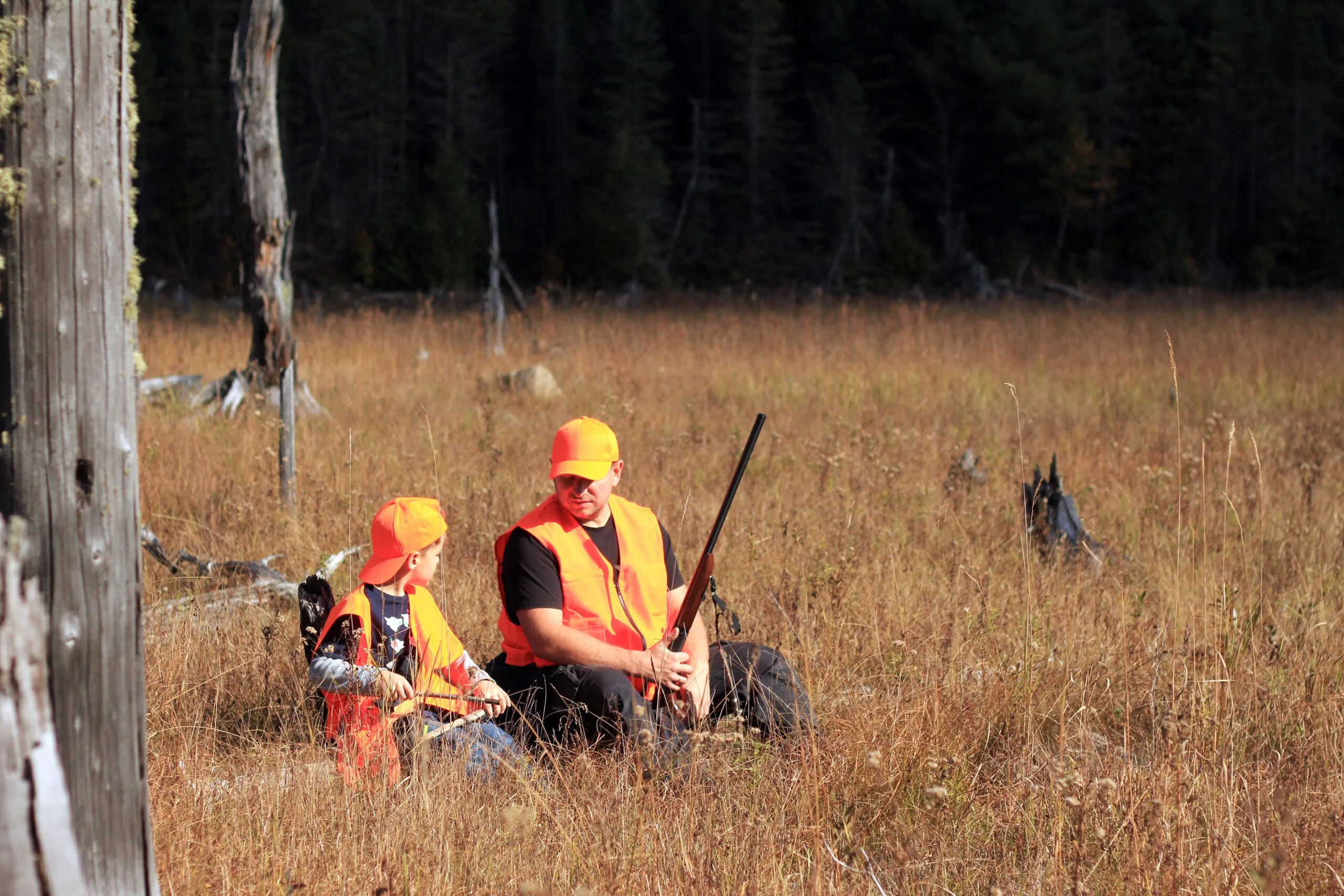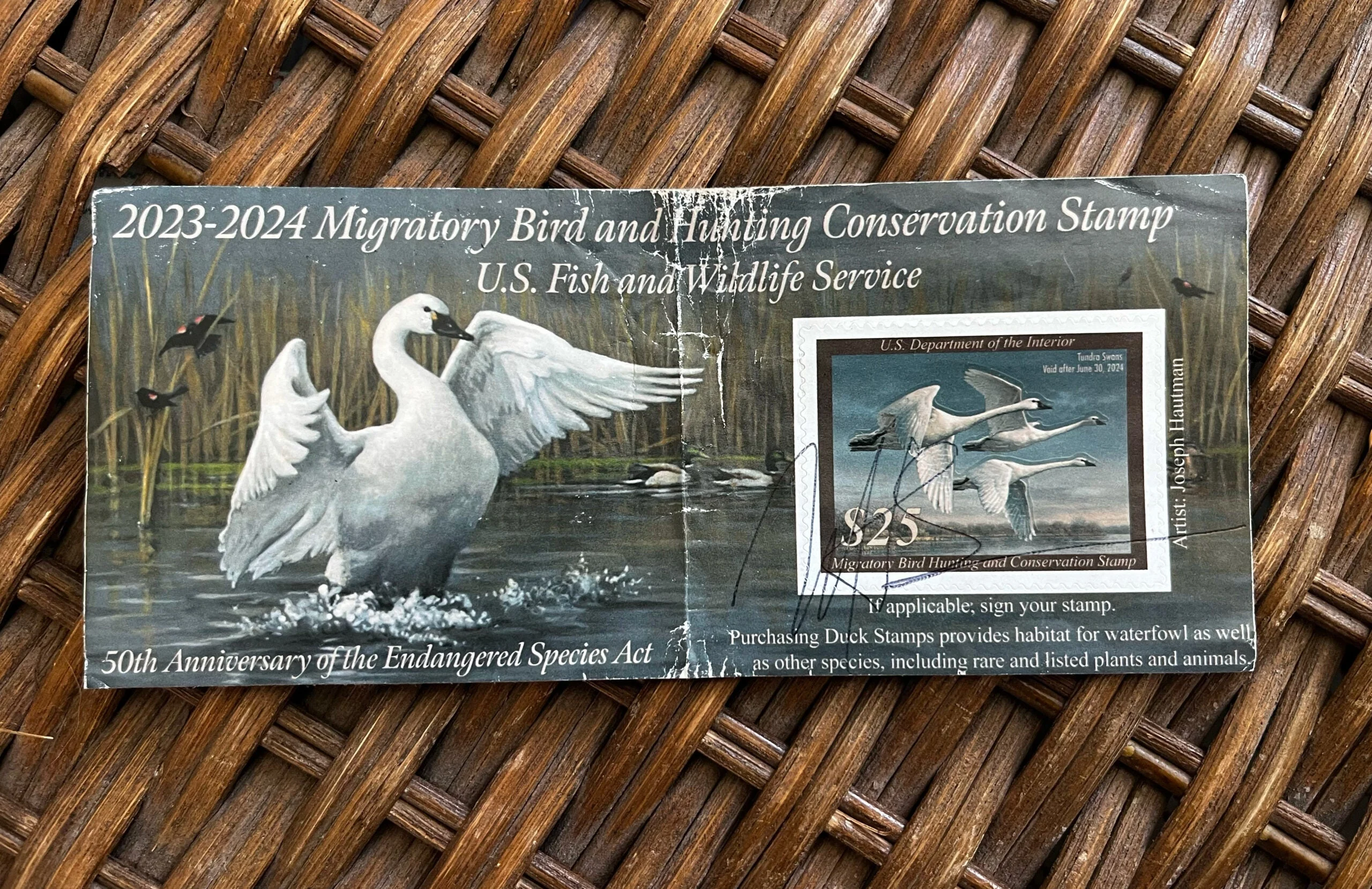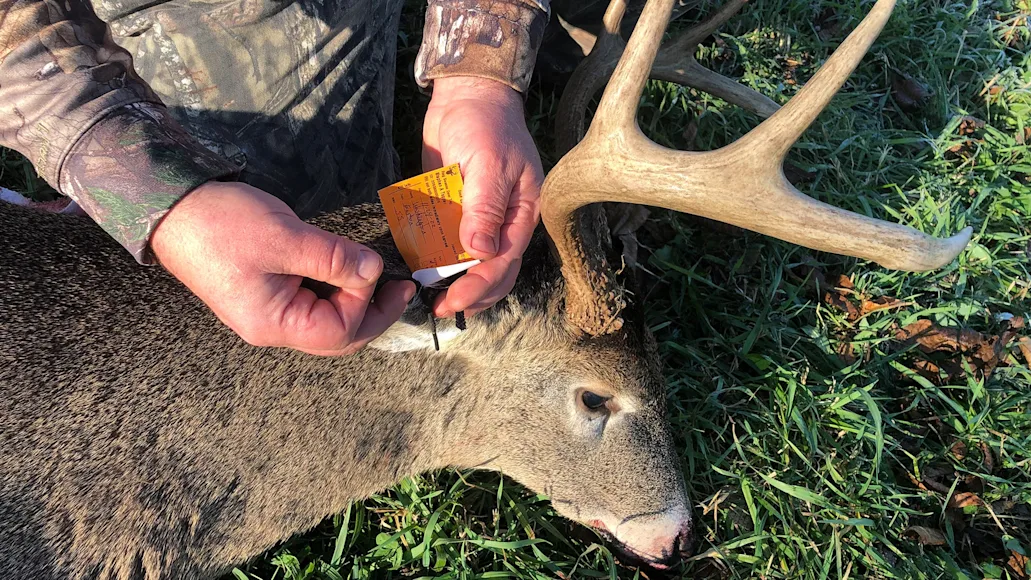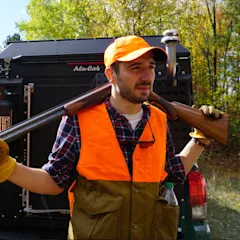In 2023, a hunter bid $725,000 on a mule deer tag at the Western Hunt Expo in Utah. The bid shattered a record set the night before when a hunter bid $500,000 on an Antelope Island mule deer tag
at the same event. Depending on where you hunt and what you hunt, a hunting license can get pretty expensive. But in general, they are surprisingly cheap. Affordable hunting licenses and public land on which to use them are some of the best things about living in the U.S. You just need to know the rules of the game and figure out how much you want to spend.
How Much Is a Hunting License?
The price of a hunting license differs depending on what state you’re in and what you’re after. It can be as cheap as a Happy Meal or as expensive as a house when you factor in things like tags for specific animals or privileges. The best thing to do is find out how much a hunting license is in your state and go from there. On average, you can expect to spend between $25-$50 on a deer hunting license for your home state. Small game hunting licenses are typically cheaper. The easiest way to find out quickly how much a hunting license or certain tags cost in a give state is to go to the state agency website.
The Difference Between Hunting Licenses and Tags

You typically have to buy a special tag in addition to your hunting license to hunt for coveted big-game species, like elk. Sean Xu / Adobe Stock
In every state, a hunting license will let you legally hunt in that state, but sometimes it doesn’t give you the privilege to hunt certain animals or with certain implements. For example, with a New York State hunting license, I can hunt small game, upland birds, deer, and bear. But I need to purchase a separate tag in combination with my license to hunt deer with bow or muzzleloader, for example, or to hunt turkeys
in general.
Once you take an animal that requires a tag, you “fill” the tag by notifying to the state agency about the animal you killed. Depending on the regulations, you may not be able to take another animal of that species for the rest of the season. In some states, you can purchase another tag to continue hunting that species, and in others, there is a daily limit to the number of animals you can take under a tag.
Hunting licenses are available to anyone who has completed hunter education, but some tags are harder to get than others. Many highly coveted tags are allotted via a lottery system and may require years of accruing preference points. How hard a given is to draw, and how expensive it is, usually has to do with the abundance of game in a given region, and some tags only give you privileges for certain regions in a given state.
What Determines Hunting License Cost?
Conservation departments all over the country need to balance the availability of game and habitat in a given region with hunting pressure. They do this by regulating the cost of licenses and the availability of tags. State governments try to make hunting licenses affordable to everyone, but the following factors will influence prices.
Resident vs Nonresident
Where you live is the biggest influence on how much a hunting license costs. Residents of a state will get a cheaper rate on a hunting license than nonresidents. The same is usually true for tags. I recently paid $164 to hunt deer for just three days in Alabama because I don’t live in Alabama. If I did, I’d only have to pay $32.55 for the whole season. A nonresident deer tag in Iowa, one of the most expensive, is right around $500. And nonresident elk tag in Montana is over $800.
Age or Military Service

Kids hunt for free in most states. Elvira / Adobe Stock
Your age can influence how much a hunting license costs. Youth hunters and seniors over 65 may pay less for a hunting license than everyone else depending on the state. Disabled veterans and active military service members can also get special discounts on hunting licenses. Military service may also give you resident pricing for where you’re stationed.
What You’re Going to Hunt
This goes back to the cost of certain tags. Some species are more expensive to hunt than others because there aren’t as many of them. Second to feral hogs, whitetail deer are probably the cheapest, most accessible big-game animal to hunt in the U.S. That’s because there are a lot of them. Bighorn sheep, moose, mule deer, elk, mountain goats, and pronghorn are more expensive and harder to get because they aren’t as abundant.
Where You’re Going to Hunt
Depending on what you’re after, some places are better to hunt than others. Going back to that $500,000 mule deer tag, the founder of Jimmy John’s sandwiches bought it because it allowed him to hunt on Antelope Island, which is home to astoundingly big mule deer. The state only gives out two mule deer tags for the island every year, one through a lottery and the other through an auction to raise money for conservation. Where you want to hunt can greatly influence you spend on a tag.
Duck Stamps

The author’s signed 2023-2024 Duck Stamp. Matthew Every
Waterfowl hunters in the U.S. must also obtain a Federal duck stamp every year, no matter where they hunt. These cost $25 and can be purchased at post offices or online. Some states also require you to purchase state duck stamps along with the Federal stamp.
Where Does All the Money Go?
Hunters spend hundreds of millions of dollars on licenses and tags every year, and that money goes right back into conserving wildlife and wild places. It pays the salaries of biologists, researchers, and conservation officers. It also goes into programs to encourage new hunters to get involved and to acquire more public land for all of us to use.






